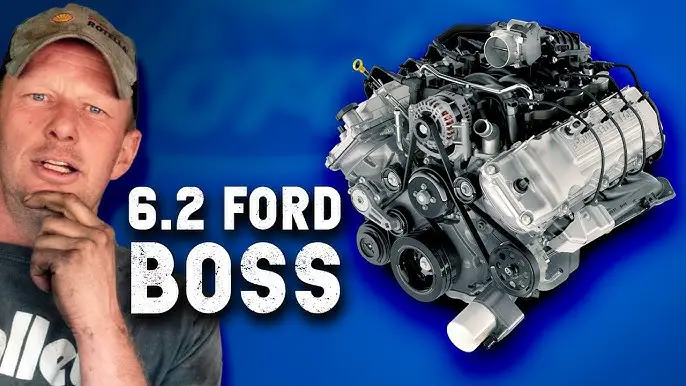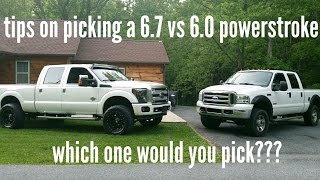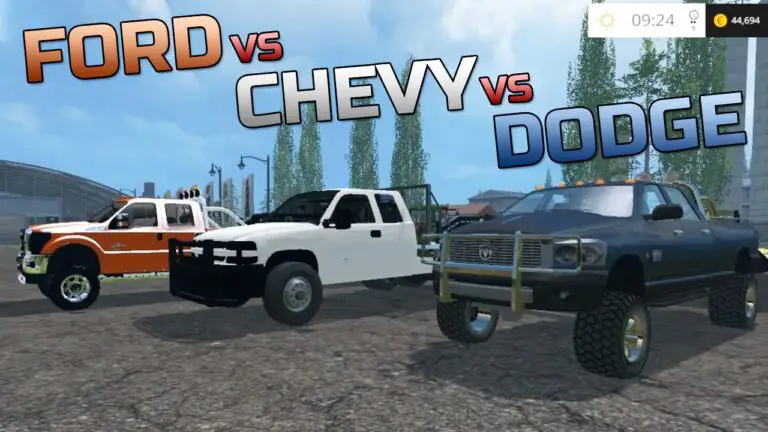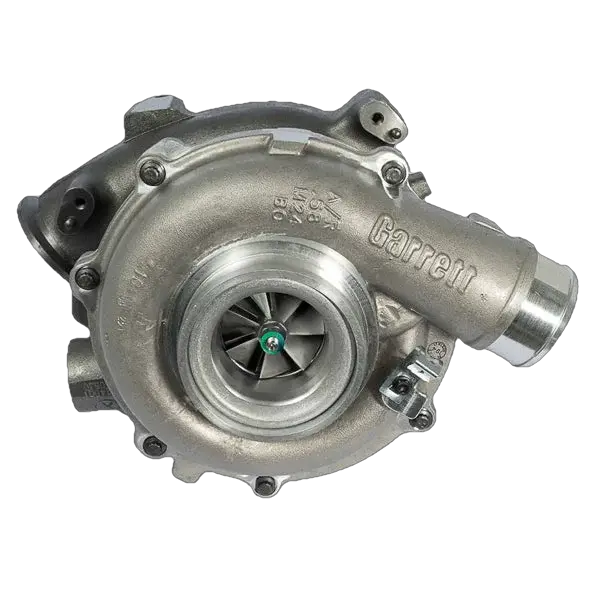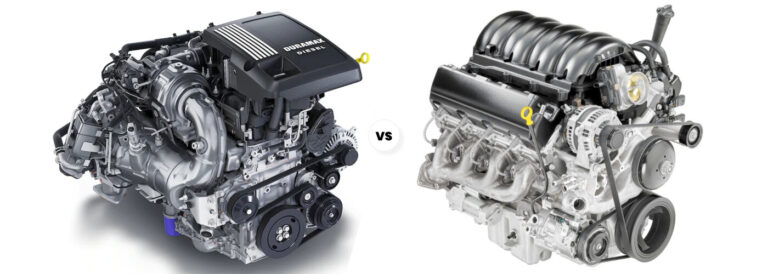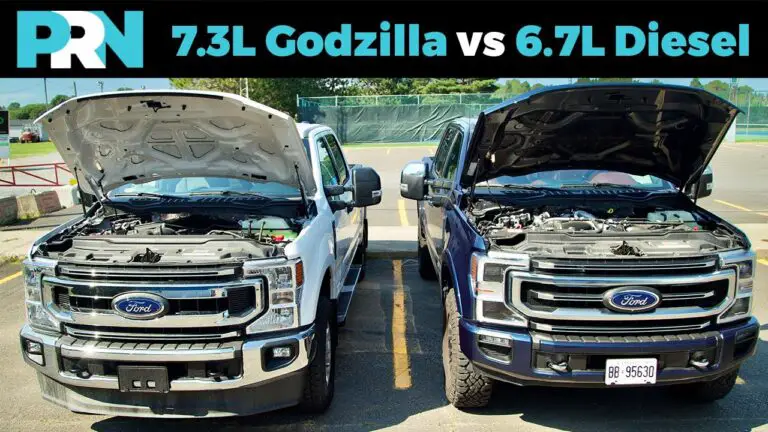7.3 Powerstroke Vs 6.2 Gas: Ultimate Engine Showdown!
When choosing a truck, the engine matters a lot. Two popular options are the 7.3 Powerstroke and the 6.2 Gas. Both have their strengths and weaknesses. This article helps you understand both engines. It compares their features, performance, and suitability for different needs.
What is the 7.3 Powerstroke?
The 7.3 Powerstroke is a diesel engine. It is known for its strength and durability. Many truck owners trust it for heavy work. It was made by Ford and has been popular for years.
Key Features Of The 7.3 Powerstroke
- Engine Type: Diesel
- Horsepower: About 250 hp
- Torque: Around 525 lb-ft
- Fuel Efficiency: Generally better than gas engines
- Durability: Built for heavy-duty use
What is the 6.2 Gas?
The 6.2 Gas engine is a gasoline engine. It is lighter than diesel engines. It is also simpler to maintain. This engine is used in many Ford trucks and SUVs.
Key Features Of The 6.2 Gas
- Engine Type: Gasoline
- Horsepower: About 385 hp
- Torque: Around 405 lb-ft
- Fuel Efficiency: Less efficient than diesel
- Maintenance: Easier and cheaper
Performance Comparison
Both engines perform well. But they are different in many ways.
Power And Torque
The 6.2 Gas engine has more horsepower. But the 7.3 Powerstroke has more torque. Torque is important for towing and hauling. The 7.3 Powerstroke can pull heavier loads easily.
Fuel Efficiency
Diesel engines are usually more efficient. The 7.3 Powerstroke offers better miles per gallon. This means you can drive further on less fuel. The 6.2 Gas engine will cost more for fuel over time.
Maintenance Costs
Gasoline engines are simpler. The 6.2 Gas engine is cheaper to maintain. Diesel engines need more care. The 7.3 Powerstroke may need more expensive parts. Regular oil changes are more important for diesel engines.
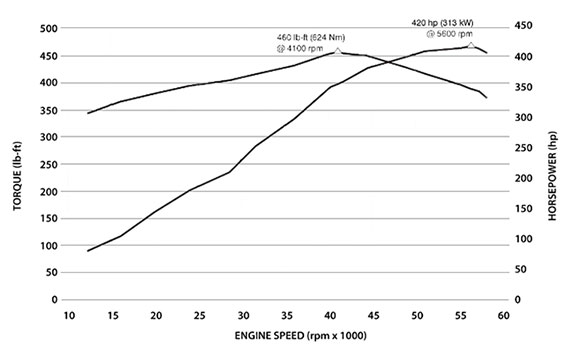
Best Uses for Each Engine
Choosing the right engine depends on your needs.
When To Choose The 7.3 Powerstroke
- If you tow heavy trailers.
- If you need a truck for work.
- If you drive long distances often.
- If durability is very important.
When To Choose The 6.2 Gas
- If you need a truck for everyday use.
- If you want lower maintenance costs.
- If you drive mostly in the city.
- If you prefer a lighter engine.
Environmental Impact
Both engines have different impacts on the environment. Diesel engines, like the 7.3 Powerstroke, produce more nitrogen oxides. This can be harmful. However, they usually have lower CO2 emissions.
Gasoline engines, like the 6.2 Gas, produce less nitrogen oxide. But they emit more carbon dioxide. It is important to think about these factors when choosing an engine.

Cost of Ownership
Cost is a big factor in choosing an engine. The initial price of a diesel truck is often higher. But diesel engines can last longer. This means you might save money in the long run.
Gasoline trucks usually cost less upfront. They also have lower insurance costs. However, they may cost more for fuel over time. Keep these points in mind when making your choice.
Frequently Asked Questions
What Is The Main Difference Between 7.3 Powerstroke And 6.2 Gas?
The 7. 3 Powerstroke is a diesel engine, while the 6. 2 Gas is a gasoline engine. This affects performance and fuel efficiency.
Which Engine Has Better Fuel Efficiency?
The 7. 3 Powerstroke generally offers better fuel efficiency than the 6. 2 Gas. Diesel engines are typically more efficient.
Is The 7.3 Powerstroke More Powerful?
Yes, the 7. 3 Powerstroke usually has higher torque and horsepower compared to the 6. 2 Gas. It’s built for heavy-duty tasks.
What Is The Towing Capacity For Each Engine?
The 7. 3 Powerstroke has a higher towing capacity than the 6. 2 Gas. It’s suitable for larger trailers and loads.
Conclusion
Both the 7.3 Powerstroke and the 6.2 Gas have their own benefits. The 7.3 Powerstroke is great for heavy work. It offers strength and better fuel efficiency. But it comes with higher maintenance costs.
The 6.2 Gas is perfect for everyday driving. It is cheaper to maintain and simpler to repair. The choice depends on your needs. Consider what you will use your truck for.
Think about power, efficiency, and costs. Understanding these points will help you choose. Both engines have loyal fans for good reasons. Make the choice that suits your lifestyle best.

